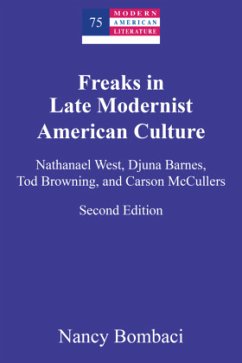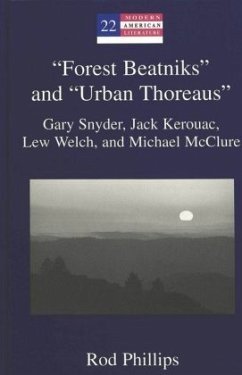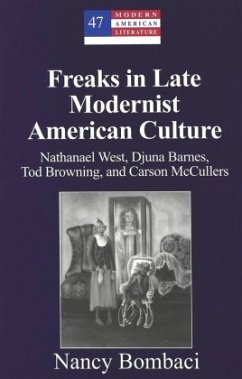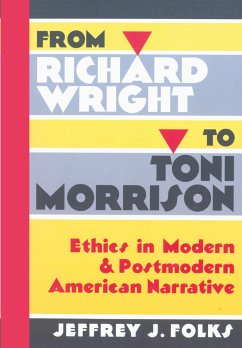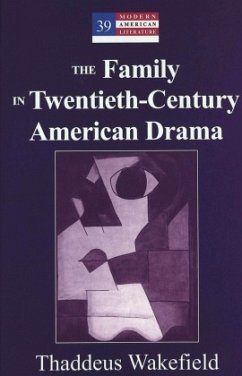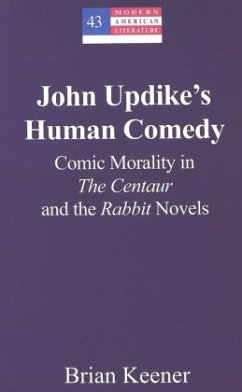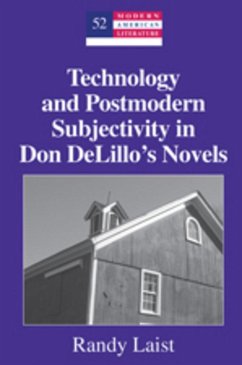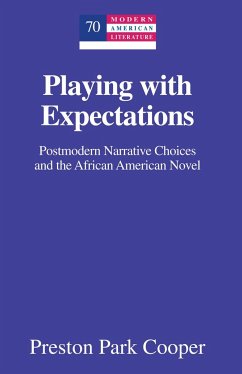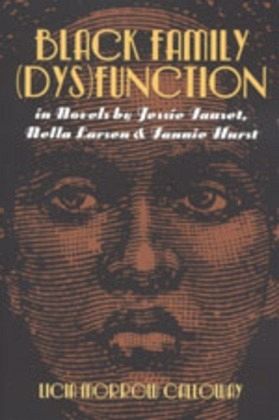
Black Family (Dys)Function in Novels by Jessie Fauset, Nella Larsen, and Fannie Hurst
Versandkostenfrei!
Versandfertig in 6-10 Tagen
36,55 €
inkl. MwSt.

PAYBACK Punkte
0 °P sammeln!
During the Harlem Renaissance, competing rhetorics of racial uplift centered upon concerns regarding class identification and the process of acculturation into American society. This book demonstrates how the practice of motherhood and the organization of household relations operated to address the pressing issues facing the black community of the early twentieth century. An exploration of such literary constructs as the tragic mulatto, the passing phenomenon, and the mammy result in a revitalized understanding of how the influences of racial intolerance, sexual oppression, and class ideology ...
During the Harlem Renaissance, competing rhetorics of racial uplift centered upon concerns regarding class identification and the process of acculturation into American society. This book demonstrates how the practice of motherhood and the organization of household relations operated to address the pressing issues facing the black community of the early twentieth century. An exploration of such literary constructs as the tragic mulatto, the passing phenomenon, and the mammy result in a revitalized understanding of how the influences of racial intolerance, sexual oppression, and class ideology combined to provoke a model of resistant black maternity in the early modern era.



